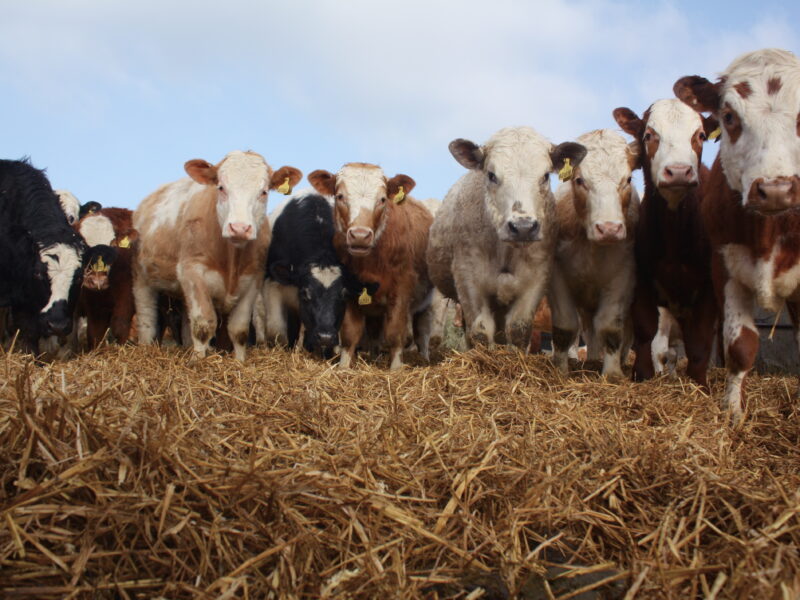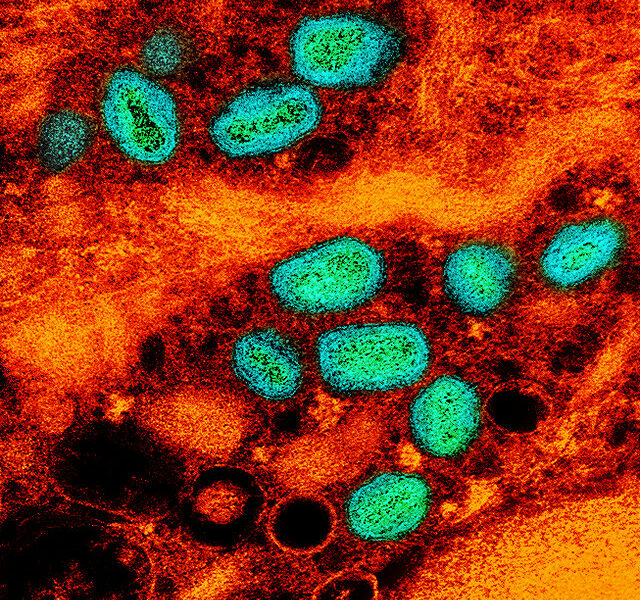Six new outbreaks of African Swine Fever (ASF) were reported this week from Russia’s Tver and Volgograd regions.
Only one of the outbreaks is in Volgograd. The virus was detected during routine laboratory sampling of domestic pigs from the Oktabrsky district.
The remaining five outbreaks are all occurring in the Tver region, according to Rosselkhoznadzor, the Federal Service for Veterinary and Phytosanitary Surveillance.
ASF was not introduced into the Caucasus region until 2007. Since, it has become endemic among wild boars in the region. The disease has also been found in Mediterranean countries such as Italy, Spain and Portugal. It remains endemic in Italy, but has since been eradicated in Spain and Portugal. Originally endemic in sub-Saharan Africa, hence its name, it has not spread to the United States, though Stephen Higgs, research director of Kansas State University’s Biosecurity Research Institute, fears that the spread of the virus thus far means a increasing threat to the United States.
ASF is an extremely contagious hemorrhagic disease, caused by the Asfivirus and affects domestic swine, wild boars, warthogs, and bush pigs. It is transmitted by direct contact with infected animals, contact with infected surfaces, and the Ornithodoros tick, which ingests the virus during blood meal and then passes it to other susceptible animals. Once infected, the virus is found in fluids and tissues of pigs, so for pigs in close contact, rapid spread of the virus is a risk. Symptoms of ASF include lesions, fever, loss of appetite, depression, vomiting, and bleeding from the nose or rectum. There is currently no vaccine for this nearly 100% fatal disease and prevention methods focus on strict import and export policies, vector control of Ornithodoros ticks, and proper disposal of waste products.
Humans are not at risk for ASF.

